SMART CITIES
Speakers
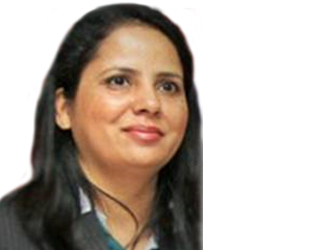
Chief Strategy Officer & Vice President - Market Intelligence & Policy Advocacy, Geospatial Media and Communications
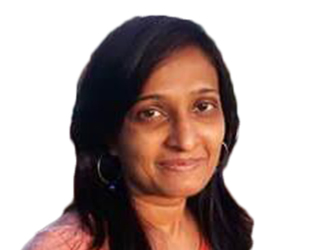
Vice President
Gujarat International Finance Tec-City
India

Chief Technology Strategist
Esri
Malaysia
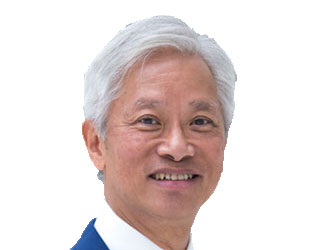
Director
Arup
Hong Kong
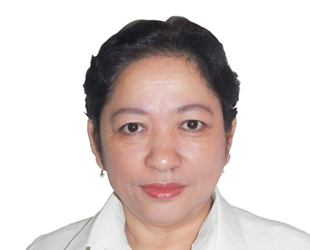
Director, Metropolitan Development Planning, Manila Metropolitan Development Authority, Philippines

SE Asia Senior Consultant
AAM
Australia

Director
IFEZ Smart-City Integrated Operation Center
Korea
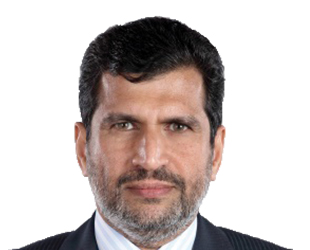
President
Esri
India
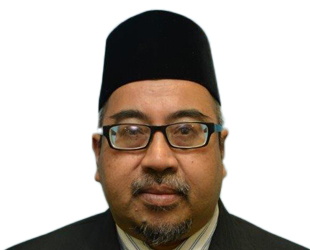
Director, NRW, Water Supply Division
Ministry of Energy, Green Technology and Water,Malaysia

Director, Spatial & Graph Solutions, Asia/Pacific
Oracle
Australia

Head of GIS Projects
Tenaga Nasional Berhad
Malaysia

Chief Executive Officer
VidaGIS
Vietnam

Chief Strategy Officer & Vice President - Market Intelligence & Policy Advocacy, Geospatial Media and Communications
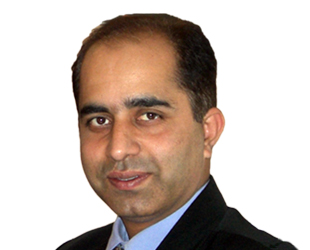
Asst. Vice President – Business Development (IT),Delhi Integrated Multi-Modal Transit System (DIMTS),India
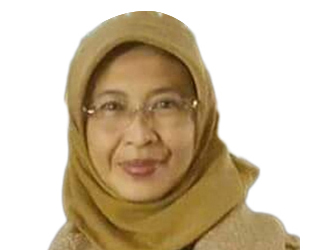
Head of Information & Communication
City of Bandung
Indonesia

Senior Manager, GeoSpatial Planning & Development
Singapore Land Authority, Singapore

Deputy General Manager (S&T)
Maharashtra Metro Rail Corporation
India

Director, Lands & Surveys Department Sabah
Overview
Currently home to 17 megacities, Asia Pacific region is expected to be home to 22 by 2030. On top of this, urban population in the region is expected to reach 3.2 billion by 2050, more than half of its entire population. The rapid increase in urban population will place heavy strain on the government, especially in terms of delivery of services, as well as to ensure the critical city infrastructures meet the citizens' and environmental needs.
Adopting smart, sustainable development practices is the only way for city authorities and federal governments today to be well-placed to meet these challenges in the future. The need for innovative policies and smart technologies are greater than ever, and it goes beyond GIS, GPS and traditional mapping. Smart technologies such as connected sensors, crisis response system, intelligent transportation system, etc, will be at the core of city planning and management.
Smart Cities program will bring forth the value of integrating geospatial technology throughout the entire city lifecycle management.
Symposium Structure
Session I: Transforming Asian Cities into Smart Cities
With rapid urbanization, Asian cities are in dire need for organization and efficiency. Countries with plenty of undeveloped space have the advantage of developing new smart cities from scratch. This is an ideal scenario, allowing all systems and services to be fully integrated with a single network, forming the backbone of the city. Transforming existing cities into smart cities, on the other hand, will require complex and costly retrofitting of technologies, legacy infrastructure, and altering the day-to-day processes that citizens rely on. The session will feature case studies that have been derived from two different types of cities – new smart cities and successful transformation of existing cities. It'll also stress on the role of geospatial technologies.
Session II: Smart Utility Empowering Cities
Cities play an important role in achieving national carbon reduction and climate change adaptation goals. Innovations in smart grid technology, smart meter, demand management, alternative and renewable generation, and distributed energy resources (DER) are helping cities reduce carbon dependency and improve utility supply efficiency. The session will discuss smart technologies that offer real solutions to utility supply inefficiencies, including smart grid, smart meter, water sensors, GIS-based asset mapping, remote sensing imageries, etc. It will also talk about how alignment between cities, utilities, and private stakeholders can be achieved amidst the varying business models.
Session III: Digital Cities Enabling Urban Innovations
Cities are going digital. Data normally existed between the four walls of City Hall, is now being analyzed and made available to citizens. New data is continuously being generated from sensors that are deployed all across cities. This is resulting in not just historic data but also real-time data. This real-time data is the backbone to many innovative city solutions including traffic congestion, limited parking spaces, waste management, etc. The session will discuss the importance of open data policy and digital infrastructure in a city as economic growth engine for urban innovation.

